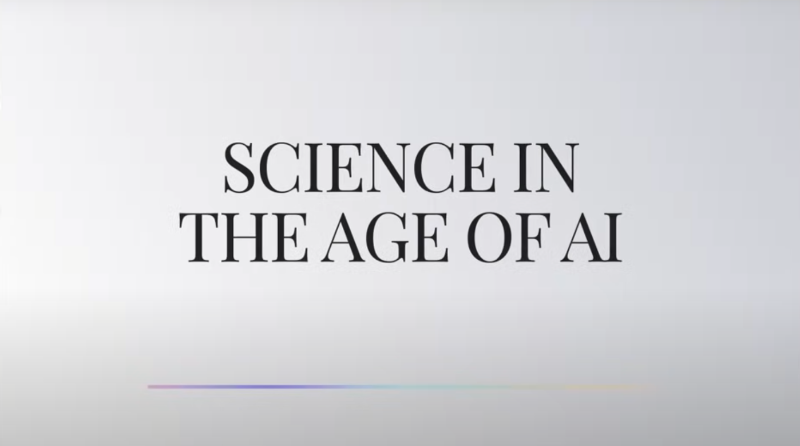Older women with more advanced abdominal aortic calcification (AAC) have a higher risk for late-life dementia, according to a study published online June 26 in The Lancet Regional Health: Western Pacific.
Tenielle Porter, Ph.D., from Edith Cowan University in Joondalup, Australia, and colleagues analyzed data from 958 ambulant community-dwelling older women (aged 70 years and older) with lateral spine images captured at baseline from a bone density machine to assess AAC.
The researchers found that during 14.5 years of follow-up, 15.7 percent of women had a late-life dementia hospitalization and/or death. Women with moderate and extensive AAC were more likely to suffer late-life dementia hospitalizations (15.5 and 18.3 percent, respectively, versus 9.3 percent in those with low AAC) and deaths (8.3 and 9.4 percent, respectively, versus 2.8 percent). Women with moderate and extensive AAC had twice the relative hazards of late-life dementia (adjusted hazard ratios, 2.03 and 2.10 for moderate and extensive, respectively) compared with women with low AAC, when adjusting for cardiovascular risk factors and APOE.
"Given the widespread use of bone density testing, simultaneously capturing AAC information may be a novel, noninvasive, scalable approach to identify older women at risk of late-life dementia," the authors write.
One author disclosed financial ties to the pharmaceutical and biotechnology industries.
More information: Abstract/Full Text
Copyright © 2022 HealthDay. All rights reserved.







Post comments